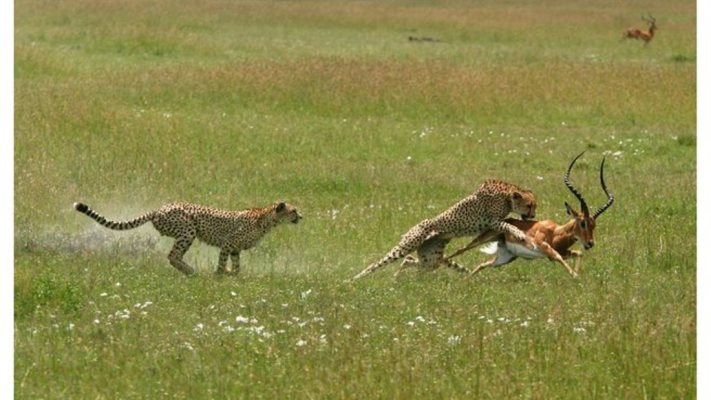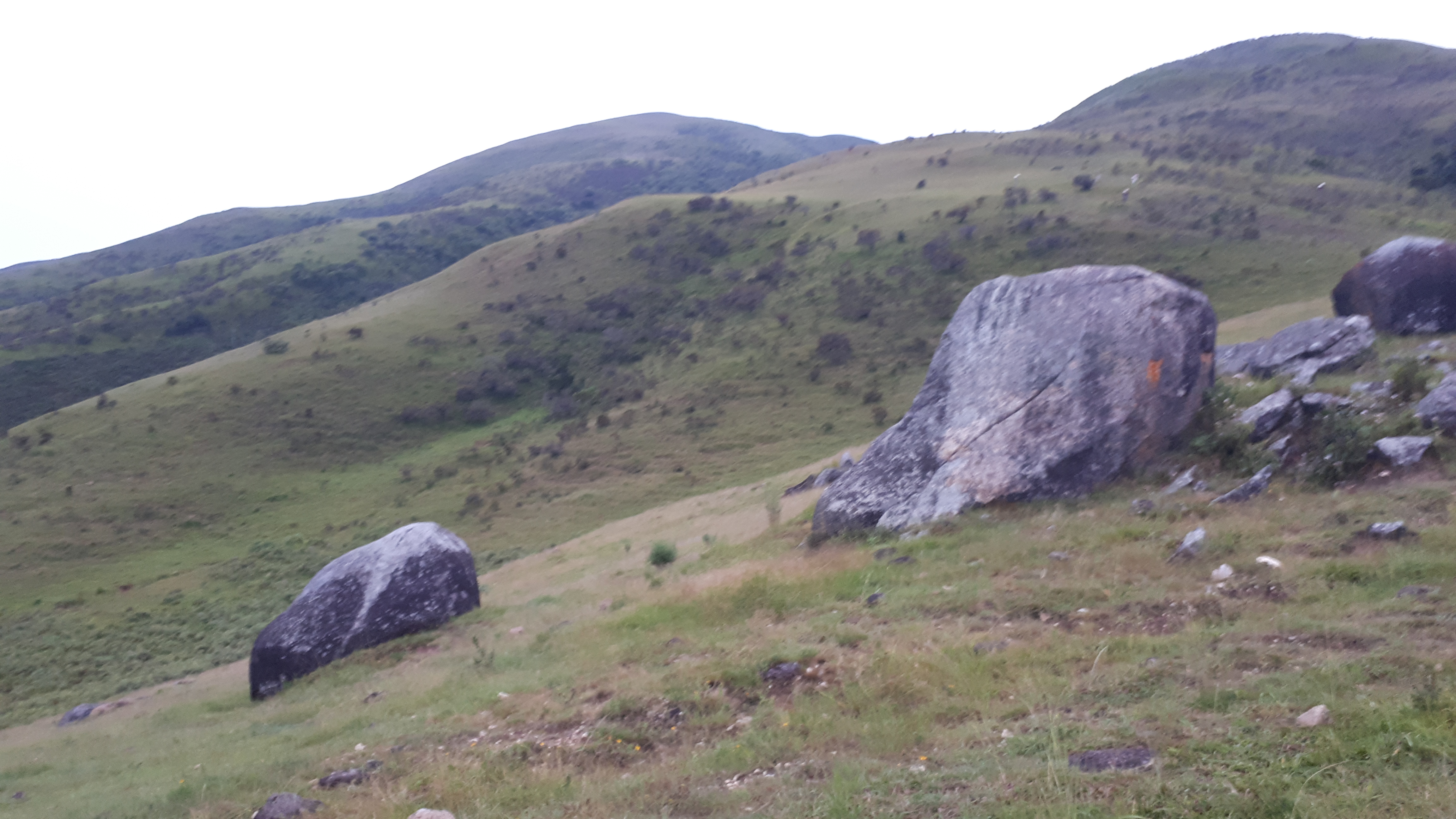
“The law of the jungle/ the Jungle Law” expresses a type of “justice” in which everyone runs for himself/ herself. An environment where surviving depends on everyone strengths or weaknesses; that is, if you cannot protect yourself, never expect anyone to work on your behalf. It results into killing before you get killed or eat before being eaten. The lion in front of a sheep, the result is already known. The wild struggle makes the jungle law neighborhood to use force for its own protection.
An adage from my mother language says “utazi igikura abaga umutavu”. In English, the adage may closely mean “nip something in the bud”; though the first one, from my mother tongue, refers to a calf. As cattle herding is part of my community culture, this type of farming has a double value. On one hand, it represents socio-economic assets enviable by almost of the neighborhood regardless of community diversities. Additionally, cattle herding encompasses culture value from which heritage of lifestyle can be transmitted. From the latter value, it is common to learn wisely some human considerations and development perspectives based on wise sayings referring sometimes to environment protection.
Literally, the wise adage in Kinyamulenge can be translated in English by saying “if you don’t care about growing up, you can butcher a calf”. For that reason, in a normal situation, it remains unlike to find calves into markets or being slaughtered for food consumption reasons. It would sound strange for those wishing to visit the area if they like to eat veal as it is agreed that the latter is quite tasteful compared to beef meat (i.e for mature cows from my interpretation). However, as lifestyle within globalization is being subjected to pressure, it is undoubtedly possible to see calves being butchered and in a near future, you will probably access them easily in the same area. Nonetheless, this article applies the reasoning of nipping something in the bud to express how a professional lawyer can emerge for the “Jungle Law”.
Few months ago, I met one of my best friend and cousin to whom this reasoning may apply. During a short discussion we have had, we recalled (as a joke) how the jungle law functioned in the high plateau of Itombwe-Minembwe, South-Kivu. If you have evolved in a different context, it may sound hard to feel this as real. However, it happened and still generally happening; this time with brutality as it went further to using guns.
As if normal, whatever grief between individuals, the use of physical force and bribes of security services were the common ways to get “justice”. That is, in a nutshell, you call it mob justice. Strikingly, this would happen in a public spaces like markets, during football matches, at school (after classes) etc. The handling of different issues within the jungle law used mostly body fighting with special sticks (beating) and stones as means of support. The reader may consider this as possible scenario involving young guy or teenagers; unfortunately, the type of fighting involved even mature people who would have served as role models. You think they were mad? NO. This is how the jungle law functions.
Such fighting used to involve inter-community “skirmishes”; thus having a different form of deep violence. Sometimes, these fighting turned around legal and constitutional questions, giving an idea of how violence culture gets constructed and deep-seated. Surprisingly, there has been a hearsay stating that one prominent “zealous man” had said: whenever he finds X &Y individuals fighting, he never asks why is this happening? He had already sided with X belonging to his community to smash Y and then inquire from X afterward on what had happened. That is a likely normal behavior within the jungle law as in your case you would call police or security services when confronted with such embarrassing situation.
Surprisingly, in the above jungle, calling ‘police’ or handle the matter on your won would lead to the same answer. Therefore, the decision to be taken when confronting an issue simply depends on the security environment in which you are differently situated. In the discussed case, it seemed meaningless to call security services to step in such misunderstanding as they would make the case worse than it would be when handled by physical forces. At least, before you get smashed, there was a possibility of involving or resorting to “elder local courts”; a reliable and strong mechanism of solving conflicts.
Back to the main idea of this article, my best friend and cousin is right now a professional lawyer who has emerged from this jungle. Though we have been involved in any way or another in these types of confrontation, we are currently unlike to disagree that this was an unfortunate habits. As a professional lawyer, he is able to convince on the necessity of the rule of law in any place on this planet. Even though we are yet able to get things changed importantly in the high plateau, the blogger feels sure that we won’t tolerate these types of beating to get a solution. My friend is currently working for an international organization as an expert in the area of transitional justice; sounding how things can change. Subsequently, the reader would probably agree with the article that a professional lawyer can emerge from a law of the jungle environment. So what have changed?
A first glance would point out his skills and knowledge acquired from the school; partly right. With his MSc in the international law, anyone would expect a proud and competent lawyer able to prove what he is able to do. However, knowledge and skills would once require an attractive environment and mechanisms of catching or learning them. Otherwise, it may remain impossible within the jungle law to stimulate this process. Many of our coeval teenagers never got the chance to get out of that jungle; they stayed stunted by the unattractive educational environment. Nevertheless, observers might have witnessed that skills and knowledge won’t work if a foundation to the rule of law is yet established. So many lawyers in several locations like mine are stuck and stranded with their skills and knowledge, sometimes obliged to follow the jungle path.
Therefore, the article stress on two important aspects: Despite socio-cultural and economic environment, we likely have the same potentials of becoming who we want or wish to be. That’s, the jungle law environment can actively limit or slow a possibility of becoming a good professional, especially a lawyer. However as people can struggle to get out of the mess and becoming professional lawyer in the jungle law, it gives strength of believing that people can change. The process of changing, though hard, is expected to rely on learning and dialogue. Finally, the blogger always consider that some of these misconducts you regularly watch in different areas of the democratic Republic of Congo have largely resulted from the lack of the State.
The reader may have a different view? PLZ share with me.
Ntanyoma R. Delphin
Twitter account @delphino12
Email: rkmbz1973@gmail.com


Leave a Reply